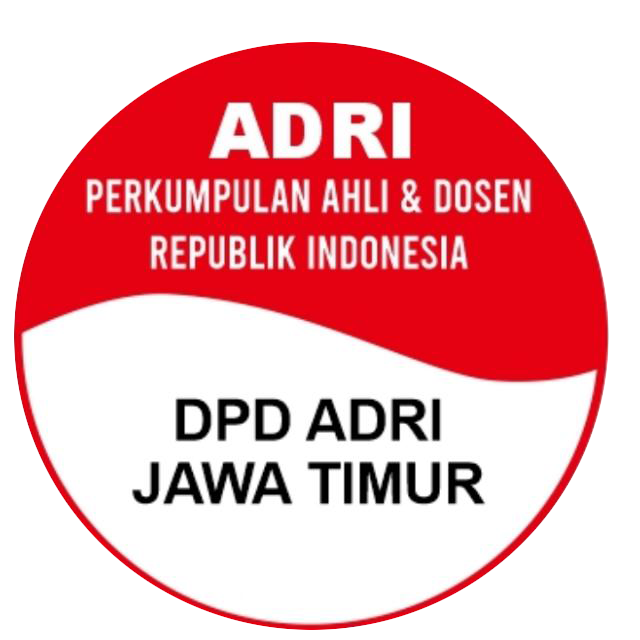Juridical Review of The Act of Virtual Money Laundering
DOI:
https://doi.org/10.55173/yurisdiksi.v20i4.278Abstract
The crime of money laundering as one type of white collar crime has actually been known since 1867. Cyber Money Laundering is money laundering carried out through cyberspace ("mayantara"), so that in addition to committing the crime of money laundering ("money laundering") the perpetrator ("offender") has also committed a crime of mayantara ("cyber crime"), namely committing a crime/crime through a computer system/network. This research method is normative research, normative law research using normative case studies in the form of legal behavior products, for example reviewing the Law. Normatively, cyber money laundering can be caught through Law Number 15 of 2002 concerning the Crime of Money Laundering which was later updated by Law Number 25 of 2003, and last amended by Law Number 8 of 2010 concerning the Prevention and Eradication of the Crime of Money Laundering. Law Number 11 of 2008 concerning Information and Electronic Transactions has not accommodated cyber crime related to economic and financial transactions that are against the law or are not legitimate. In this regard, the readiness of law enforcement officers is very important, both regarding expertise in operating computers, the ins and outs of finance and banking as well as expertise in enforcing cross-territorial laws, which are related to territorial principles with legislative, judicial and executive jurisdictions.
References
Radian Adi. 2 April 2012. How to Prove Cyber Crime According to Indonesian Law. www. Hukumonline.com accessed January 14 2020.
Yunus Husein, "Development of an Anti-Money Laundering Regime in Indonesia and its Implications for the Accounting Profession", Paper presented at the Accounting Study Economic Scientific Forum (FIESTA 2006) and the National Meeting of the Indonesian Accounting Student Network (TN-JMAI, organized by the Faculty of Economics, Bung Hatta University, in Padang, 8 May 2006, p. 1.
FSA. (2016). Strengthening the Implementation of Anti-Money Laundering and Prevention of Terrorism Financing (APU PPT) in the Financial Services Sector and Readiness of the Financial Services Sector in Facing the Mutual Evaluation Review Assessment of Indonesia. p. 5-15.
Billy Steel, Money Laundering: A Brief History, Billy's Money Laundering Information Website, http://www.laundryman.u-net.com/page1_hist.htm
Halim, Pathorang. (2013). Law Enforcement Against Money Laundering Crimes in the Era of Globalization. Yogyakarta: Total Media.
Edita Elda, “Policy Direction for Eradicating Corruption in Indonesia: Post-Amendment Study of the Corruption Eradication Commission Law”, Jurnal Lex Lata Ilmiah Ilmu Hukum, Vol. 1, No. 2, 2019. Palembang: Universitas Sriwijaya.
Fadli M Iskandar, “Practice of Corruption in Indonesian Justice and Corruption Prevention Efforts by Law Enforcers in Indonesia”, Jurnal Khazanah Multidisiplin, Vol. 3, No. 1, 2020. Bandung: UIN Sunan Gunung Djati.
Faisal Santiago, “Law Enforcement of Corruption by Law Enforcers to Create Legal Order”, Jurnal Pagaruyuang Law, Vol. 1, No. 1, July 2017. West Sumatra: Muhammadiyah University of West Sumatra.
Florentinus Sudirman, “Preventing Corruption in the Region with Supervision by the High Prosecutor’s Office”, Jurnal Legalitas, Vol. 2, No. 1, June 2017. Samarinda: Universitas 1945 Samarinda.
Gress Gustina Adrian Pah, Echwan Iriyanto, Laely Wulandari, “Legal Analysis of Criminal Sentencing by Judges in Corruption Crimes”, Jurnal Lentera Hukum, Vol. 1, No. 1, April 2014. Jember: Universitas Jember.
Hasaziduhu Moho, “Law Enforcement in Indonesia According to the Aspects of Legal Certainty, Justice and Benefit”, Jurnal Ilmiah Warta Darmawangsa, Vol. 13, No. 1, January 2019. Medan: Universitas Dharmawangsa.
Herianto Yudhistiro Wibowo, “The Role of Team for Guarding and Securing Government and Regional Development in Efforts to Prevent Corruption in Cilacap Regency (Study on the Effectiveness of the Decree of the Attorney General of the Republic of Indonesia Number: Constitution of the Republic of Indonesia Criminal Code (KUHP), Criminal Procedure Code (KUHAP)
Law No. 31 of 1999 concerning the Eradication of Criminal Acts of Corruption in conjunction with Law No. 20 of 2001 concerning Amendments to Law No. 31 of 1999 concerning the Eradication of Criminal Acts of Corruption.
Downloads
Published
Issue
Section
License
Copyright (c) 2025 Yohanes Fiodas Jaman, Prija Djatmika, Dewi Cahyandari

This work is licensed under a Creative Commons Attribution-ShareAlike 4.0 International License.












